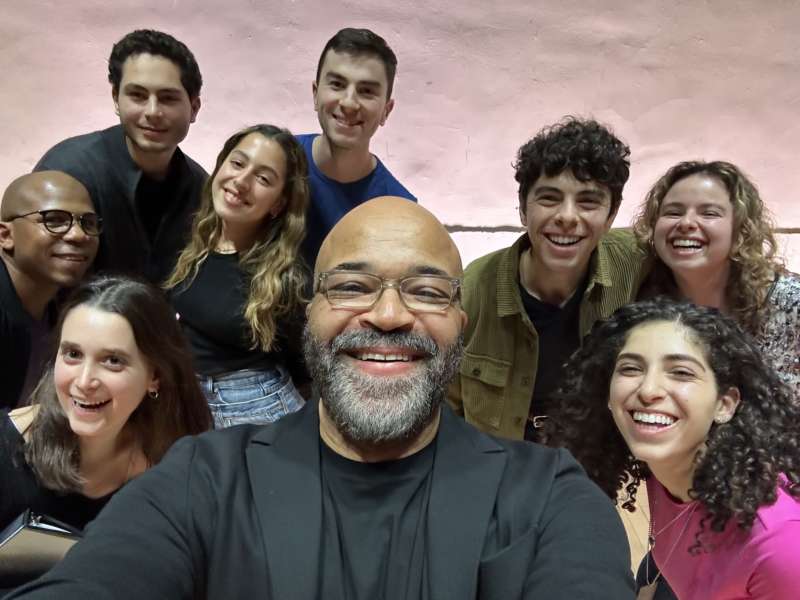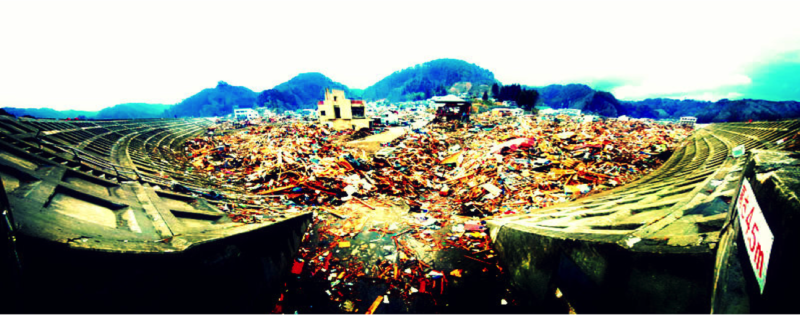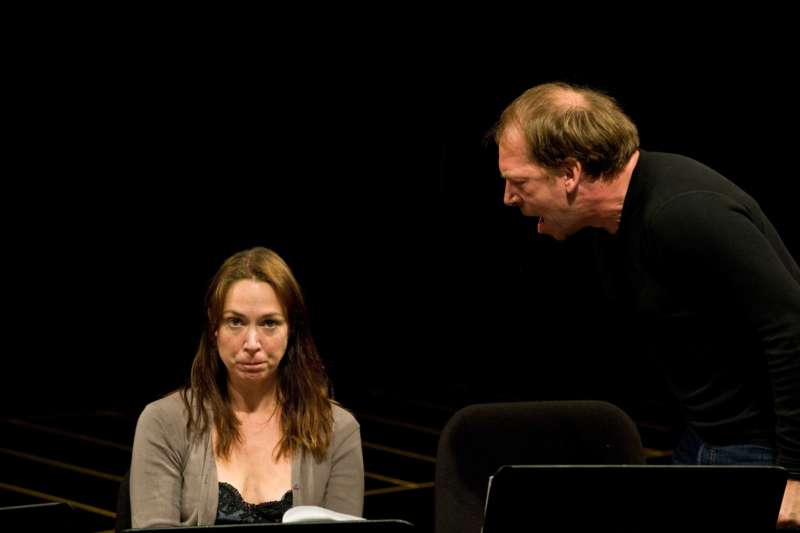Open to Public
Nurse Antigone LMTIF Arts and Healing Harlem Hospital
This event is presented as part of the Laurie M. Tisch Illumination Fund Arts in Health Cohort Convening.
A groundbreaking project by and for nurses, The Nurse Antigone presents dramatic readings of Sophocles’ Antigone on Zoom—featuring professional actors and a chorus of frontline nurses—to help frame powerful, guided discussions about the unique challenges faced by nurses before, during, and after the COVID-19 pandemic. Antigone, an ancient play about a young woman who puts everything on the line to do what she believes is right, dramatizes the heavy cost of silencing and marginalizing caregivers, especially during times of crisis. By performing Sophocles’ play for diverse audiences, including nurses as well as concerned citizens, The Nurse Antigone aims to generate compassion, awareness, connection, and much-needed healing, while celebrating and advocating for nurses at this critical juncture in the history of their profession.
Explore Projects
-
 War & Mental HealthTheater of War: Hector, Andromache, and the Death of Astyanax
War & Mental HealthTheater of War: Hector, Andromache, and the Death of AstyanaxTheater of War: Hector, Andromache, and the Death of Astyanax presents live, dramatic readings of selections from Homer’s Iliad, Book VI and scenes from The Trojan Women by Euripides—featuring acclaimed actors and a Chorus of students, from a variety of backgrounds, whose lives have been impacted by war—to help frame powerful, healing dialogue about the human cost of war, centered on the suffering of children and civilians. The project uses ancient texts that explore and depict the dehumanization of war to create a vocabulary for openly discussing challenging and divisive subjects, with the aim of generating compassion, empathy, moral repair, understanding, and positive action.
-
 Natural DisasterThe Tohoku Project
Natural DisasterThe Tohoku ProjectThe Tohoku Project: Sumidagawa presents powerful dramatic readings by professional actors of Sumidagawa, a Noh play from the early 15th Century that timelessly depicts the unique challenges faced by parents in the wake of unimaginable disaster. Each reading is followed by the responses of community panelists, culminating in a lively, facilitated audience discussion. This interactive event promotes healthy, constructive dialogue about the lasting impact of the Tohoku disaster upon individuals, families, and communities—fostering compassion, understanding, awareness, and positive action.
-
 Domestic ViolenceMedea
Domestic ViolenceMedeaMedea timelessly depicts how scorned passion can lead to revenge and, sometimes, unthinkable violence. This project, which premiered at the Brooklyn Academy of Music in June 2016, delves into under-discussed mental health issues that affect women and their families.
